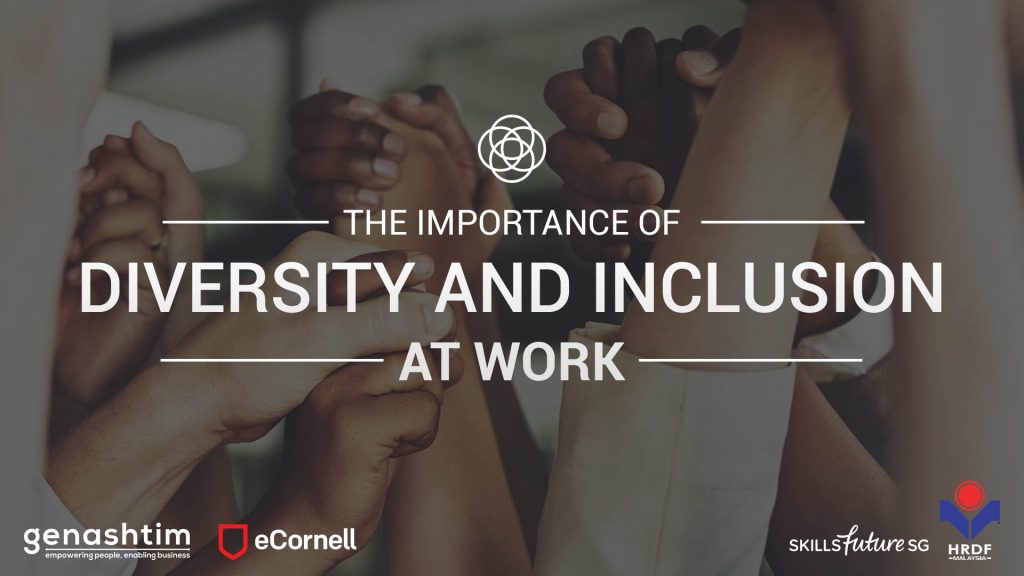Diversity and Inclusion in the Workplace

To understand diversity and inclusion in the workplace, we need to look at marginalized, oppressed, and forgotten units of the society with untapped work potential. An article on Built In attempts to delve into what constitutes diversity and inclusion and the benefits of a diverse and inclusive workplace. It stresses that diversity and inclusion are crucial elements of HR recruitment and retention strategy.
Diversity in the workplace is defined as an organization employing a pool of people that are from various backgrounds and distinctions in terms of gender, race, age, disability, sexual orientation, and all other categories of differences among humanity. Inclusion is a work environment which ascertains that all diverse individuals are treated fairly and respectfully and that they have an equal platform to make headway, equal opportunities and resources, and the ability to take the organization to new levels of success.
Diversity is the characteristics that point to the uniqueness of people while inclusion is social norms and behavioral science that make people feel included, welcome, and appreciated. Building a work culture that has elements of diversity and inclusion starts with a company’s HR department. The evolution of diversity and inclusion has seen a shift from a concentration on compliance to a culture impacting a company’s productivity and business success. Presently, the culture of diversity and inclusivity has become a business competitive edge, not just a legal or moral commitment.
HR should identify, develop, and support recruitment initiatives that can enhance a company’s culture and bring success. To achieve the aforementioned, HR needs to choose the appropriate strategies to improve staff engagement and promote diversity and inclusion at all levels of an organization. It is also essential to consciously filter out stereotypes and prejudices and see the value of an individual employee purely based on his/her work ethics and productivity.
eCornell’s Diversity, Equity and Inclusion for HR program explores how the HR function of a company can leverage diversity and inclusion to achieve organizational goals and clinch business success. Diversity and inclusion in workforces should not be short-changed; it should be prioritized.
eCornell courses are approved by SkillsFuture Singapore for SkillsFuture Credit as well as by HRDF Malaysia under its SBL Scheme.
